In my daily morning haze of mindlessly scrolling through my Instagram feed, my weary eyes were jarred open by the photo that stopped me in the tracks of my seemingly endless scroll. There was Sudan, the last living male Northern White Rhino laying on the dusty ground. To his side knelt Joseph Wachira, one of the many at Kenya’s Ol Pejeta Conservancy who had cared for Sudan since he arrived 9 years earlier. It took me a minute to process what I was witnessing in this powerful visual. But like a wave, the emotions flooded over me as I read the caption, announcing that this was the last photo taken of Sudan before he passed away. And just like that, in this age of instant information, we all mourned the loss of Sudan, and an entire species, together.
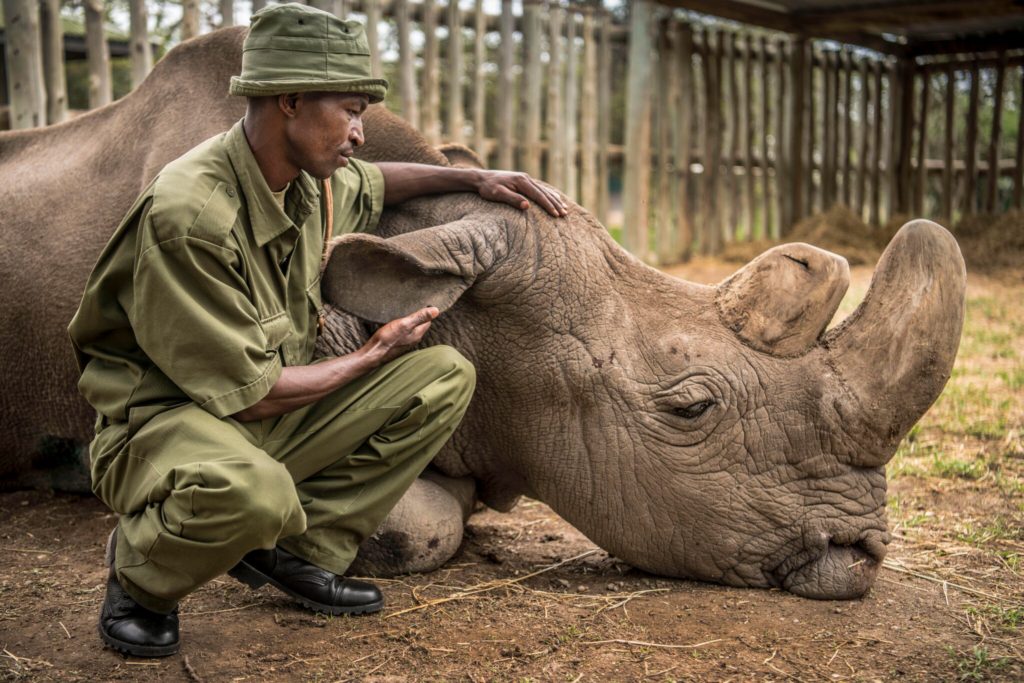
The photographer behind the image, Ami Vitale, is a well-known documentarian who photographs have appeared in countless international publications, but most notably, National Geographic. For the Nikon Ambassador, her interest in photography started as a passport to meet new people and experience cultures all over the world. But, as her travels increased, Vitale’s lens became a tool to educate and raise awareness for the causes that she found herself gravitating too. 10 years ago, that passion found a main focus. African wildlife and the critically endangered rhino.
Over the years, Vitale has told both uplifting and heartbreaking stories about the rhinos plight. And now, Vitale wants to include us in the story. In partnership with the online fundraising platform, Omaze, Vitale is bringing two lucky people to join her in Kenya to visit the last two living female northern white rhinos at the Ol Pejeta Conservancy. And best of all? Even if you do not win the sweepstake style contest, your donation goes to helping protect the rhinos and other endangered wildlife at the Ol Pejeta Conservancy. For more information on the prize details and how to enter, head on over to the dedicated site on Omaze.
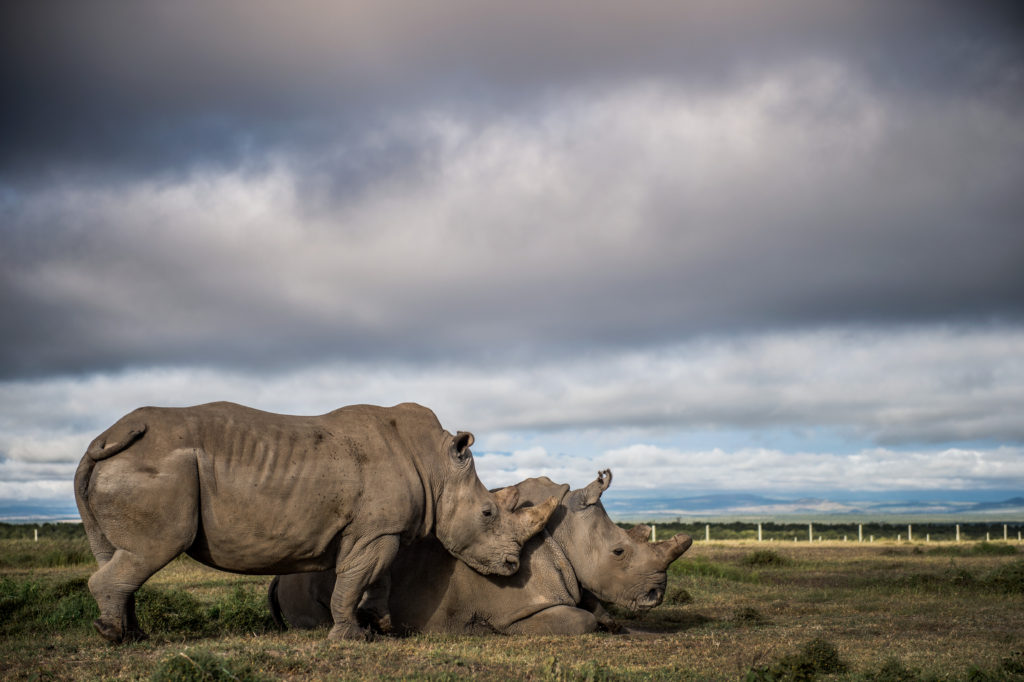
After I gladly bought myself 1,000 entries, I was lucky enough to sit down with Ami Vitale to talk about her passion for rhino conservation, how her relationship with Sudan started, how his passing affected her, and whether we can win the battle to conserve these endangered creatures.
Unfortunately, far too many animals are on the endangered list. With limited time and resources, what was it about Africa’s endangered species, specifically the rhinos, that drew you in?
I had the privilege of meeting Sudan nine years ago, and he changed the trajectory of my work. I heard about a plan to airlift four of the world’s last northern white rhinos from the Dvůr Králové Zoo in the Czech Republic to Kenya. It was a desperate, last-ditch effort to save a species. At the time, there were only eight of these rhinos left, all living in captivity. He looked ancient, part of a species that has lived on this planet for millions of years, yet could not survive mankind. The moment I saw these magnificent creatures, I quickly understood how important it was to share this story with the world. We are witnessing extinction on our watch and poaching is not slowing down. It’s entirely possible, even likely, that if the killing continues, these rhinos—along with elephants and a host of lesser known plains animals—will be functionally extinct in our lifetime. The plight of wildlife and the conflict between poachers and increasingly militarized rangers has received much-needed attention. But very little has been said about the indigenous communities on the front lines of the poaching wars, and the incredible work being done to strengthen them. We often forget that the best protectors of these landscapes are the local communities. Their efforts are ultimately the best immunization against forces that threaten both their wildlife and way of life.
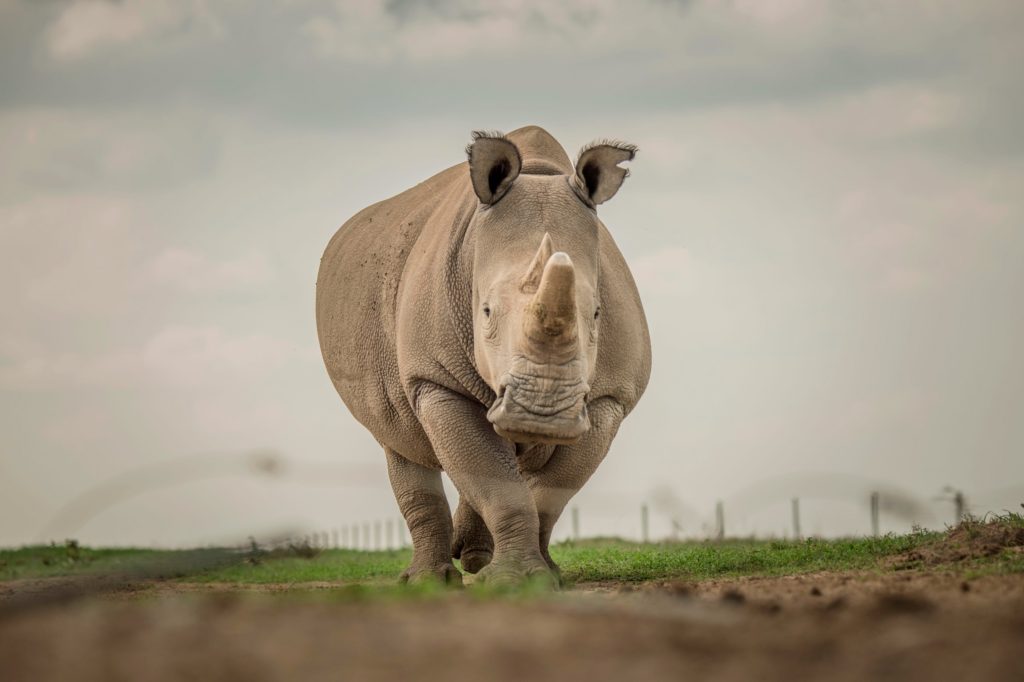
You have taken many incredible images in your career, but maybe none has resonated as much with the public as the emotional moment you captured Joseph Wachira comforting Sudan, the last male Northern White Rhino, as he passed away. Even though you had been working with Sudan and endangered rhinos for almost a decade, how did this moment change you?
To watch the last of something die is something I hope never to experience again. Sudan’s death could mean the extinction of his species, but if there is meaning in his passing, it’s that all hope is not lost. This can be our wake-up call. In a world of more than 7 billion people, we must see ourselves as part of the landscape. Our fate is linked to the fate of animals. My hope is that Sudan’s legacy serves as a catalyst to awaken humanity. There is a universal truth and we are in this intricate web together. There is so much that connects us all to one another, whether we understand it or not and the loss of any species has a ripple effect on other animals and on all of humanity too. The future of nature is the future of us.

When you first met Sudan, you described him as being surrounded by smokestacks and humanity as he lived in the Dvůr Králové Zoo in the Czech Republic. As a photographer who has devoted most of her career to conservation efforts, how do you keep a positive outlook when you see the harm that mankind has brought to these ancient animals?
There are incredible stories where people, who often have no political power or resources are creating impact and change in their own communities. I am constantly reminded in the power of individuals to create the world we want to live in and I think sharing these stories and images of hope are what motivate action. What is happening without fanfare in some of these places I have the privilege of working in is nothing less than a miracle. It is the beginning of a transformation in the way communities relate to the wild animals they have long feared, with potential implications for communities and wildlife across Africa.
This opportunity for two lucky winners to join you for five days at the Ol Pejeta Conservancy in Kenya really seems like a dream trip. Above all, what are the feelings and experiences that you wish for the winners to leave with?
I expect people will leave with a sense of wonder and hope. Because Love IS going to be what saves us all. The first step in caring about our natural world is by falling in love. Once you are in love, you have the courage and desire to make miracles happen.
In your article for TIME, you describe the love that surrounded Sudan in his final moments. For all of the outpouring of love for Sudan, there is a fair amount of people who do not share the same love for conservation efforts. How do you see this seemingly never-ending battle looking like in 10 years? 50 years? 100 years? Is there any hope?
Planet Earth is the only home we have and we have poked some big holes in our shared little life raft. Personally, what saddens me the most is that our children may not get to experience and benefit from the variety of life we have today. There is a good chance that like the northern white rhinos, a whole host of species will eclipse into myth, like unicorns. We are about to condemn all future generations to eternal poverty. So what must we do? What happens next is in all of our hands.
Everyone here has the capacity to make an impact by making your voice heard. The truth of the matter is very, very few people are actually engaged in the fate of our planet. And a friend said this to me. Its so important. The messenger matters as much as the message. It’s important that EVERY one of us be that messenger. This project with Omaze is about collaborating and shining a light on those who are caring for the environment in all its forms – from glaciers to deserts, to elephants to the tiniest of ants that inhabit the earth. Our future depends on all of them. It’s also about taking this message to a variety of different audiences… If more people are involved, then, absolutely, we’ll come up with solutions. Get involved. There is a role for each and every one of us.
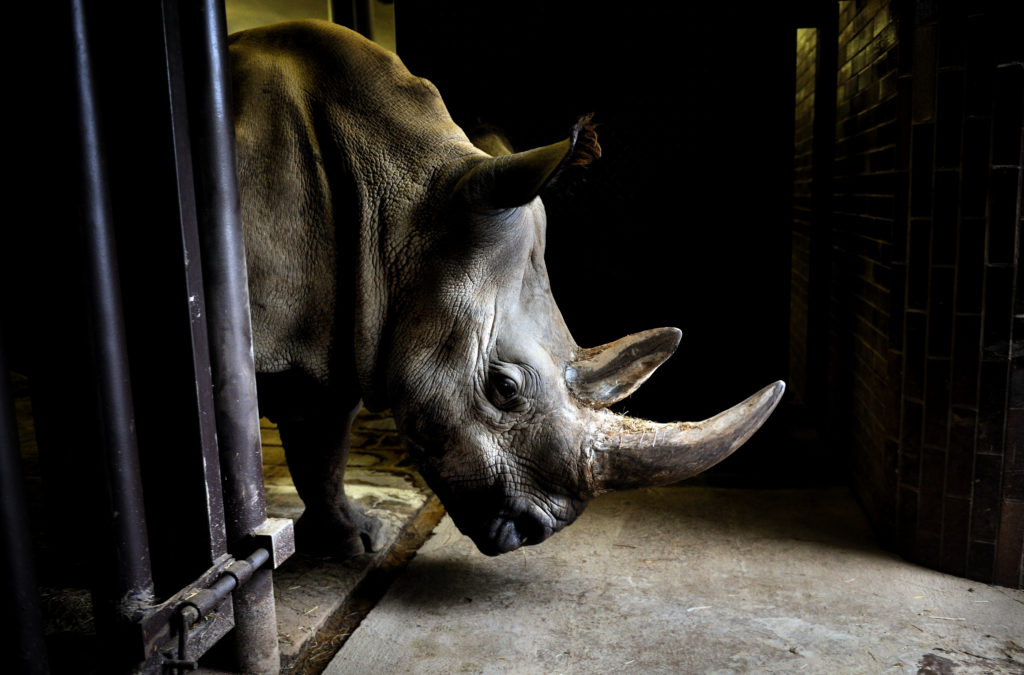
Follow Ami Vitale on her website, Instagram, and Facebook

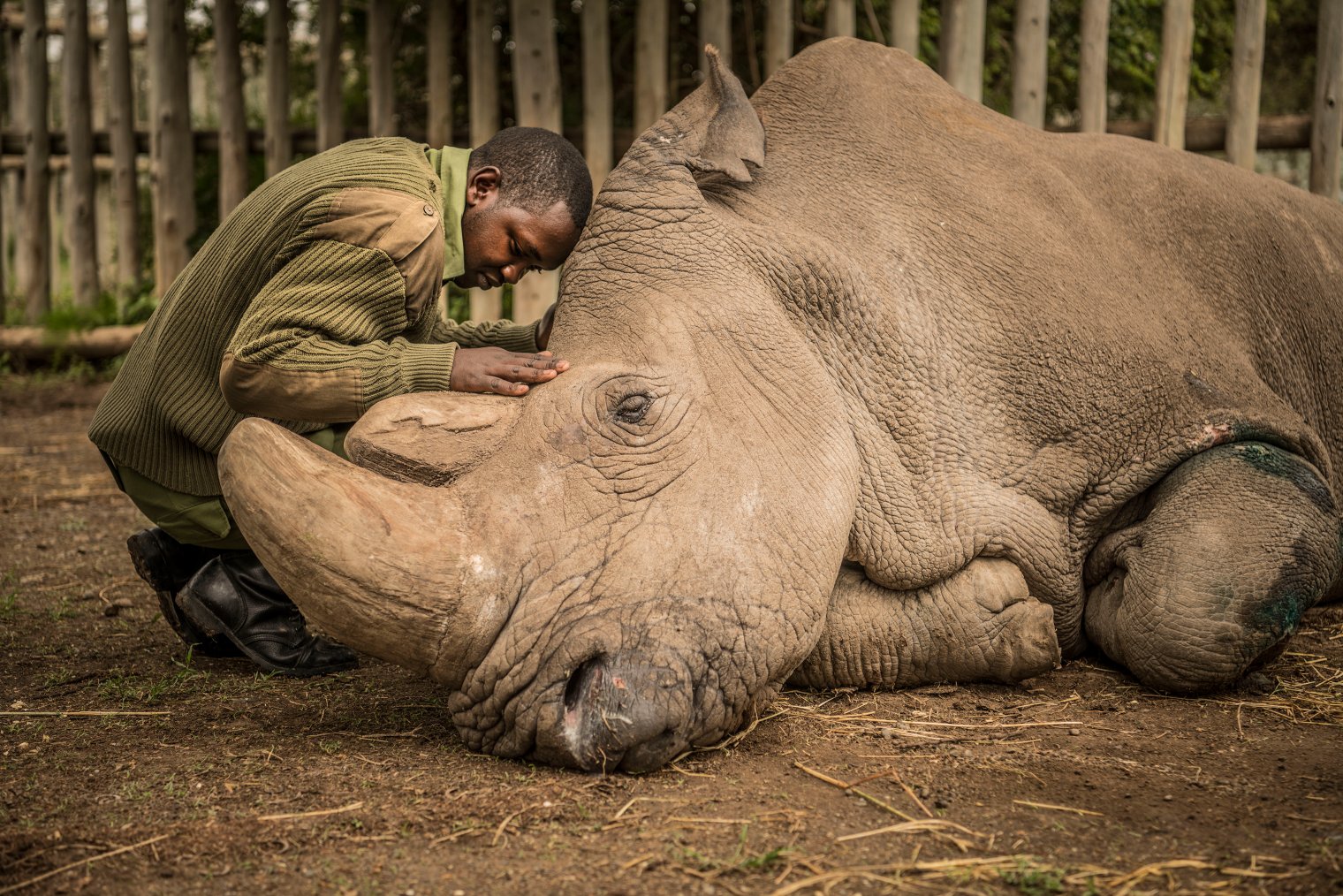
1 comment
good vibe